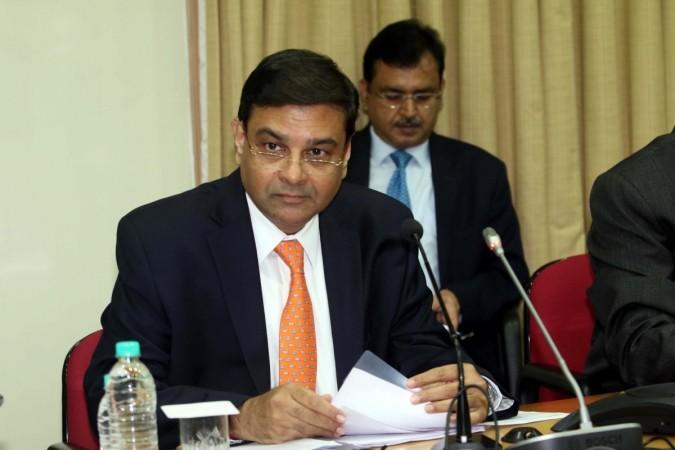
The stage has been set for further heat on banking regulations ahead of the central bank governing board's meeting scheduled for Monday, media reports say.
Thursday's strident criticism by S. Gurumurthy, the independent member on RBI's board, of governor Urjit Patel's policies towards banks non-performing assets (NPA) showed a hardening stand on the part of the government.
The government has been pushing for a more lenient regulatory environment to maintain market liquidity to spur growth, especially in the micro, medium and small enterprises.
Gurumurthy blamed the central bank for stipulating one-shot provisioning for bad loans which tends to suck up liquidity form the market. "NPAs have been developing since 2009 and it peaked in 2014. At that time the RBI did not say 'you provide' but in 2015 it said 'you provide'. So, providing at one go is the problem. If they had said you provide over five years this wouldn't have happened," he said.
Gurumurthy wanted the RBI to allow a gradual approach to provisioning, or setting apart funds, to meet NPAs. "Any policy that lacks gradualism will always produce shocks, will invite a crisis where none exists," he said. "You want to avoid a crisis by policy but the same policy could bring about a crisis and this balance has not been maintained in forming NPA provisions."
Gurumurthy's call for easing RBI's capital adequacy norms and lending restrictions on some weak banks has come when the RBI and the government have been sparring over several issues.
Speaking on "State of the economy: India and the world" in New Delhi., Gurumurthy said policy measures like capital adequacy parameters have to be formed with the big picture in mind. He said there was no need to further what global best practices mandated, citing Basel-III norms. He said that unlike the US, where businesses preferred to raise capital from the stock market, Indian businesses tapped the banking system for access to finance.
"We have to align our rules with the Basel rules. Not more. This should be looked upon as a bank-driven economy," he added. He argued for lowering the minimum total capital to be maintained by banks as a share of their total risk-weighted assets to 8 percent against the current 9 percent. This, he said, would greatly enhance banks' ability to lend and this was important for market liquidity and economic growth.
















